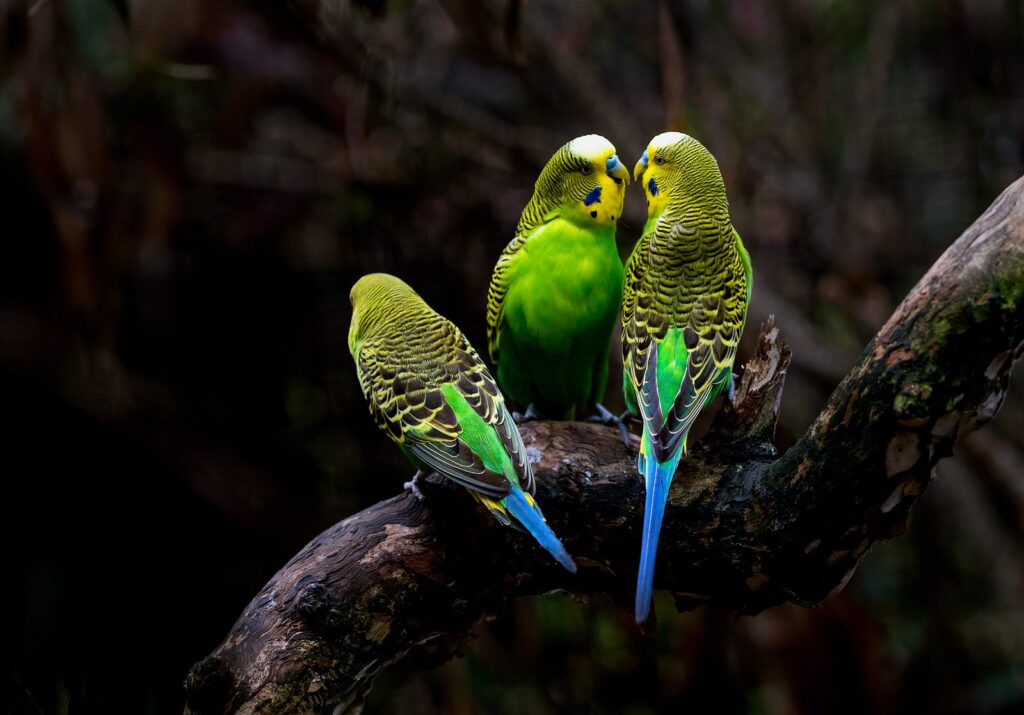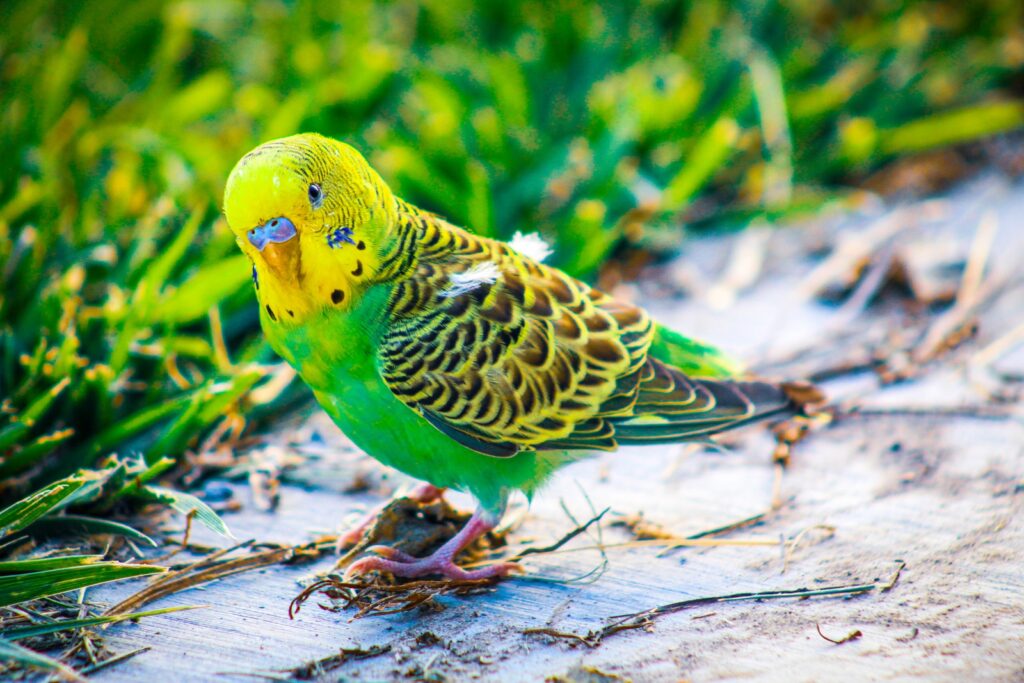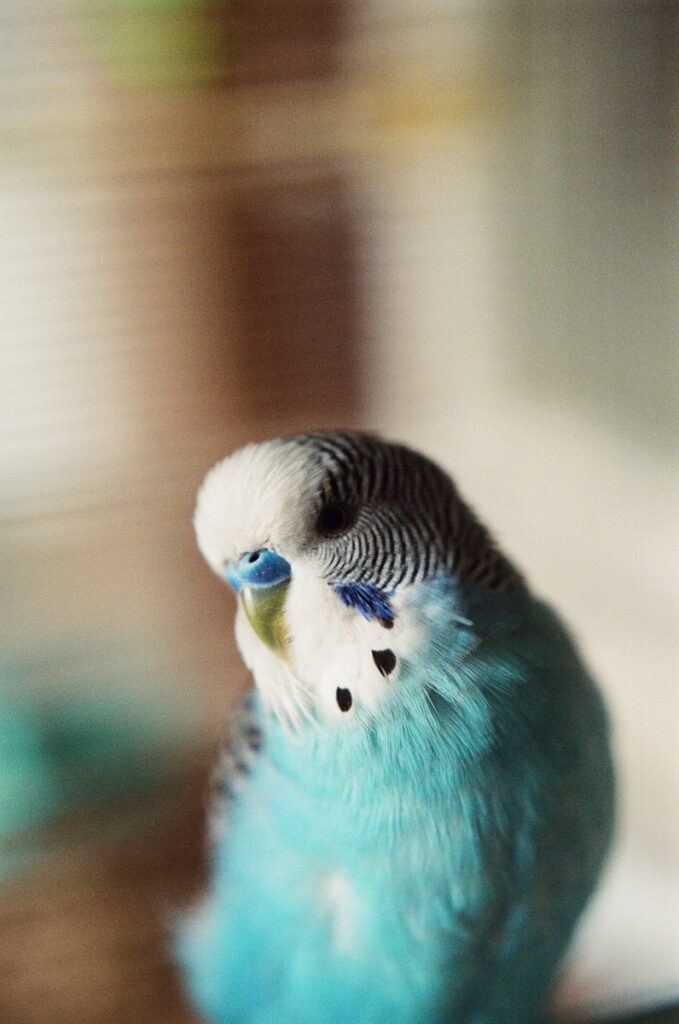As an expert in avian care with years of experience under my belt, I’ve dedicated my life to understanding our feathered friends, especially the vibrant, chatty parakeets. If you’ve ever wondered, “How long do parakeets live, and how can I extend their lives?” this is the perfect resource for you.
The information presented here is backed by comprehensive research, showcasing my knowledge, trustworthiness, and authority on this subject. Let’s dive into the fascinating lifespan of parakeets.

Understanding Parakeet Lifespan: A Brief Overview
Contrary to what you might think, parakeets, or budgies, have quite a variable lifespan, largely influenced by factors like their species, genetic health, living conditions, and overall care. With proper care, these delightful birds can live anywhere between 5 and 20 years! The budgerigar, the most common type of parakeet, typically enjoys a lifespan of around 15 years, but some exceptional individuals and species can live up to 25 or even 40 years.

Unraveling the Factors That Influence Parakeet Lifespan
It’s crucial to understand that a parakeet’s lifespan isn’t set in stone. Various factors can influence how long these birds live, and it’s our responsibility as bird enthusiasts and pet owners to ensure they have the best conditions for a long, healthy life.
- Gender: Interestingly, female parakeets tend to outlive their male counterparts. This doesn’t mean males can’t live long, fulfilling lives – with the right care, they absolutely can.
- Species: The various parakeet species have differing lifespans. For example, the well-known budgerigar can comfortably reach the ripe old age of 20, while other species might have shorter or longer average lifespans.
- Health and Genetics: Regular veterinary care and sourcing your parakeet from a reputable breeder can make a significant difference in their lifespan.
- Environment: The habitat you provide for your parakeet, complete with proper nutrition and mental stimulation, plays a crucial role in their well-being and life expectancy.

The Tale of Two Lives: Parakeets in the Wild vs. Captivity
Originating from the expansive plains of Australia, parakeets thrive in the wild, living in large, social flocks. Their average lifespan in the wild is typically 25-30 years. But how do we replicate these conditions to extend the life of captive parakeets?
- Nourish with a Balanced Diet: While seeds are a vital source of nutrients for parakeets, supplementing their diet with fresh fruits and vegetables can significantly extend their lives. These add-ons provide essential vitamins and antioxidants. Popular choices include broccoli, lettuce, and pineapple. Remember, some fruits like rhubarb can be toxic to parakeets, so avoid feeding them those.
- Create Space for Exercise: Parakeets are natural explorers with an innate desire to fly. Regular flight and exercise can keep them healthy and extend their lifespan. Ensure your pet has ample opportunity to leave the cage and fly at least once a day, in a safe and supervised environment.
- Engage with Stimulating Toys: Providing engaging toys can help keep your parakeet mentally and physically stimulated, especially if they spend a significant amount of time in the cage. Ladders, ropes, and jungle gyms are just some of the toys that can keep them occupied and promote physical activity.
In conclusion, a parakeet’s lifespan is dependent on the care, attention, and love we provide. A balanced diet, regular exercise, and mental stimulation are key to ensuring your parakeet lives a long, happy life. Remember, these are not just pets; they’re part of our family. As such, they deserve the best care possible. With this comprehensive guide, you’re equipped with the knowledge to give your parakeet the long, fulfilling life they deserve.

jay
I am not an expert, just passionate. I own a Parakeet and I have been in your shoes. If you are currently looking for information, I've done the research and that is the reason why I created this website.
